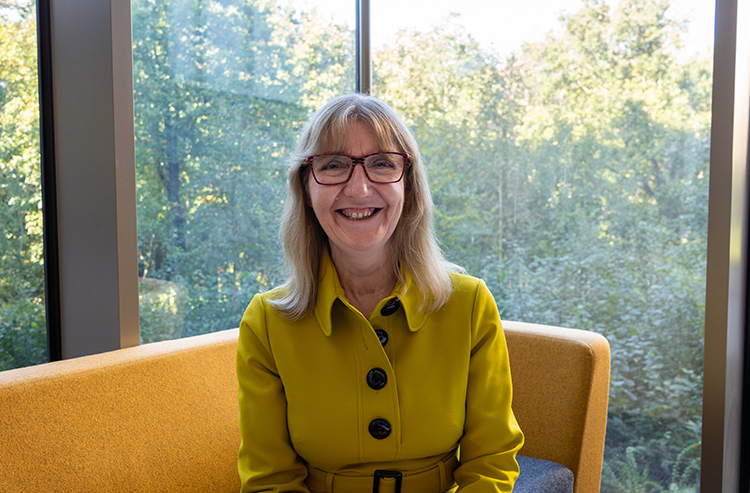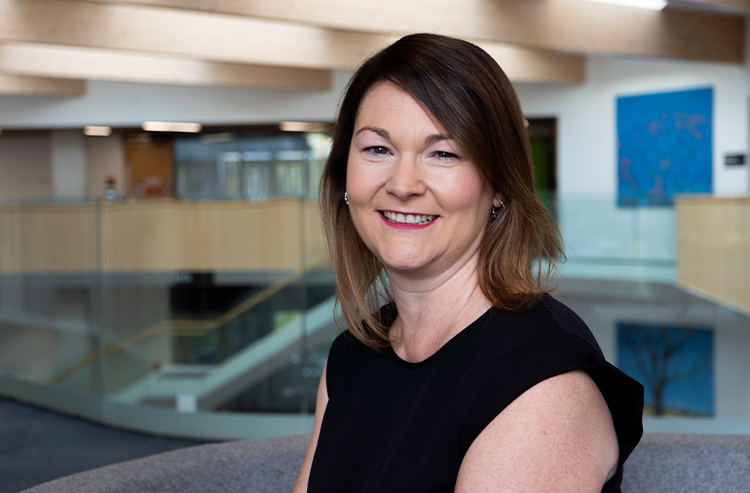Today is Mothering Sunday which, after two long years of national pandemic that saw schools and childcare offerings closed, is more poignant than ever. But throughout history women have regularly faced systematic barriers to success in their working lives, particularly when they have children.
Here, we delve into the work of two KBS academics who are using their expertise to push for change and improve the lives of working mothers.
Professor Patricia Lewis: Researching Mumpreneurs
Patricia, Professor of Management at KBS, led a study into the ‘mumpreneur’ identity. She explored whether women are able to participate in the business world and be recognised as ‘proper’ entrepreneurs. She found that this success is dependent on alignment with the conventional masculine norms of entrepreneurship.
Published in the International Small Business Journal and based on an interview study of women business owners, her study highlighted the interviewees’ belief that entrepreneurship and motherhood are compatible but challenged that mumpreneurship represents a new feminised identity and a different way of doing business.
“The mumpreneur identity has undoubtedly had a positive impact on the way women’s entrepreneurship is viewed,’ explains Professor Lewis. ‘Nevertheless, our study demonstrates that it has not disrupted the dominant discourses of masculine entrepreneurship or gendered power relations in the field. Women are still in a position of being committed to both sides of the balance between business and motherhood but are devalued as entrepreneurs when devoting time to their children rather than business.”
Dr Samantha Evans – The Impact of Covid-19 on Working Mothers
Dr Evans was published widely last year with her thought leadership article which examined the impact of the pandemic on mothers. Her article reflected on the ideas that Covid-19 and lockdown measures had ‘turned back the clock’ by overlooking the difficult labour market and caring inequalities currently faced by women.
“Increasing evidence shows that women have shouldered the burden of childcare with the closure of schools and nurseries during the pandemic,” said Dr Evans. “Moreover, women work disproportionately in industries affected by Covid (such as retail and hospitality) and are more likely to be furloughed.”
Dr Evans also explored the idea that women are less likely than men to have stayed closely in touch with their workplace, are more anxious about their job or promotion prospects and are experiencing higher stress levels than men during the pandemic.
Today, she suggests there are signs of ‘hope’ with flexible working offerings more commonplace which can certainly support working parents in their efforts to juggle childcare with work. She does stress, however that there is still much more to be done:
Dr Evans says: “With working mothers reporting higher rates of stress, depression and high working hours, one in three mothers are thinking about downshifting their careers or stepping out of the workforce entirely. This shows there is still a lot employers need to be doing to ensure working mothers are not penalised in the workplace because of the pandemic.”
Patricia Lewis is a Professor of Management at Kent Business School. She has won several awards for papers in research covering issues in gender in management and entrepreneurship. She has worked as Joint-Editor-in-Chief of Gender, Work and Organization and serves on the Editorial Board of the journal Organization.
Dr Samantha Evans is a lecturer in Human Resource Management and the Athena SWAN Lead at Kent Business School. Samantha’s current research interests are focused on social class inequalities and employee well-being, examining the impact of social class on individual experiences of work, work-life balance, equality and well-being.



